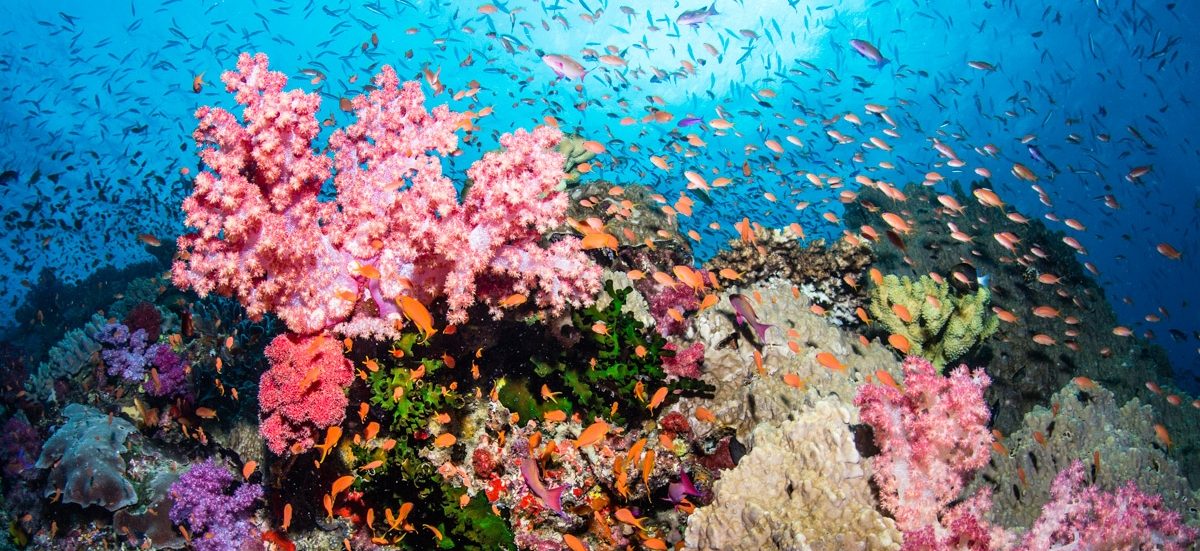The coral reefs are a critical part of our ecosystem. They are the home to about 25% of all ocean life. Coral are a major food source for wildlife and they filter ocean water. Additionally, they protect the coastlines from erosion and storm damage. However these reefs are under threat from climate change. Rising ocean temperatures, unstable pH, and light pollution are causing the coral to lose their color in a process called bleaching. When coral become bleached, they are more likely to become diseased and die, threatening the home of a vast number of ocean species.
Scientists who study reefs are working hard to find ways to cultivate more coral and protect these animals. One challenge they are facing is collecting data on the health of reefs. Currently, divers will swim around the reefs, taking videos to collect evidence. This evidence is reviewed by scientists to estimate the health of the reef.
We aim to build a robotic system that takes the place of the diver to allow for faster, more precise data collection and reduce environmental disturbance. The scientist would drive the robot around the reef while taking pictures, and a machine learning algorithm would classify coral into bleached or healthy categories. Once the whole area has been imaged, the software would produce a map to show overall reef health. This process can be repeated to track the health of the reef overtime and collect data in a streamlined manner. The goal is to reduce the time it takes to survey an area and collect accurate data about coral reef health that scientists can quickly access.
